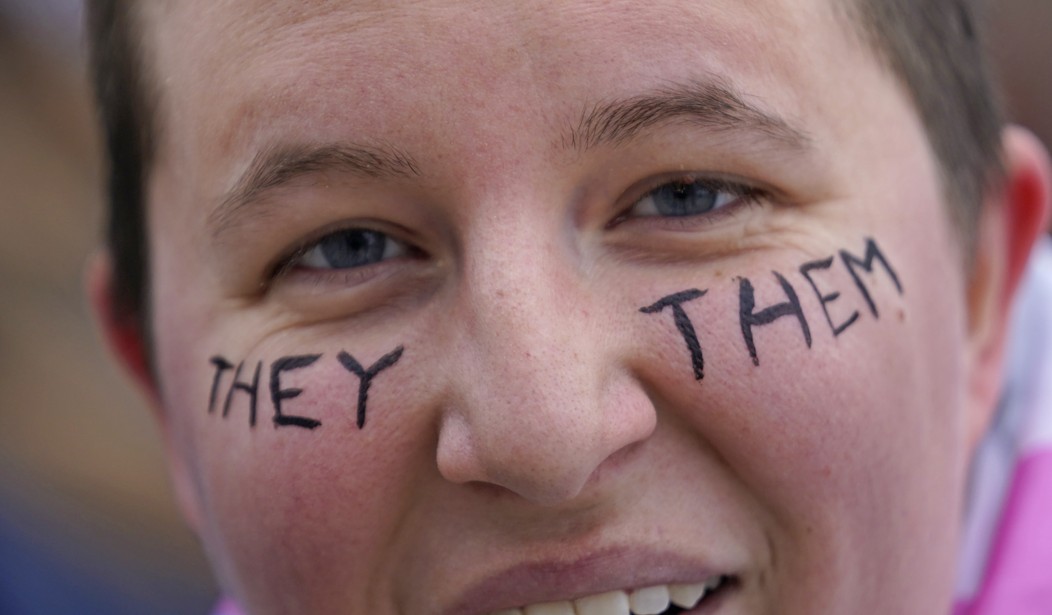A report from Business.com finds that there is discrimination against “non-binary” people. At least, non-binary people believe there is discrimination. “Over 80% of nonbinary people believe that identifying as nonbinary would hurt their job search,” the report finds. Also, 51% believe their gender identity has “affected their workplace experience.”
Business.com sent out two identical “phantom” resumes to “180 unique job postings that were explicitly open to entry-level candidates” in an effort to test “whether or not the inclusion of gender-neutral pronouns impacts how employers perceive resumes.”
“Both featured a gender-ambiguous name, ‘Taylor Williams.’ The only difference between the test and control resumes was the presence of gender pronouns on the test version,” Ryan McGonagill said in the report. “The test resume included ‘they/them’ pronouns under the name in the header.”
“The phantom resume including pronouns received 8% less interest than the one without, and fewer interview and phone screening invitations,” according to CNBC’s “Make It.”
Eight percent is not a huge difference in such a small sample, especially when the “test” has no way to rule out other factors that may have impacted a manager’s decision not to call back. But the “test” was weighted to ensure the result desired by Business.com.
“We clearly have more work to do on several fronts. Over the past 10 years, DEIB efforts have been prioritized by many companies; however, the results of this study and past research show that teams in most industries aren’t proportionately representative of the U.S. population,” McGonagill tells CNBC Make It (emphasis added). “And worse, many people (like the nonbinary individuals we spoke with in our research) feel like they don’t belong.”
When was the “B” added to DEI? What the hell does “belonging” have to do with running a business? And since when did non-binary people need to be “proportionately represented” in a workplace?
Box-checking should not be part of the hiring process, but it is. And checking the non-binary box is incredibly difficult when less than 2% of the population identifies as non-binary. It’s idiotic to suppose that an office can’t be “proportionally represented” of the population without a non-binary employee.
I know I’m painfully out of touch, and if I was running a non-profit today as I did in the 1980s and ’90s, I’d probably be fired. But “belonging” was something left up to the individual employee, not a project for management. Certainly, teamwork and camaraderie make the office a more pleasant place to spend eight hours and improve productivity. But when did “belonging” become the responsibility of the company?
For nonbinary individuals struggling to feel accepted as their authentic selves in the workplace, McGee urges them to speak out about their experiences.
“If you have a DEIB leader in your organization, reach out to them. It’s their job to prevent and have a deep understanding of bias in the workplace. If you work for a smaller company without that function, speak with someone you can trust,” McGee says. “What have you experienced? What’s been said to make you feel othered? Make your voice heard — you deserve that, and you do not deserve to feel unaccepted.”
I doubt whether I would have cared if an applicant was they, them, he, she, or it. Qualifications far outweighed any other considerations in deciding whether to call back a prospect and performance in a personal interview was far more important than any pronoun usage.
Almost every day, I thank god that I’ve aged out and no longer have to work in an office anymore.










Join the conversation as a VIP Member